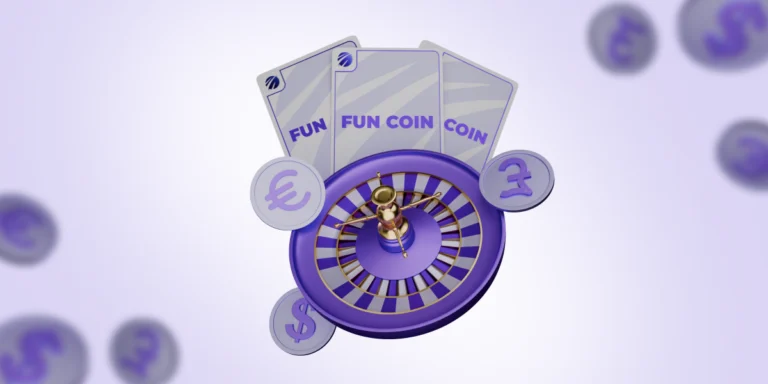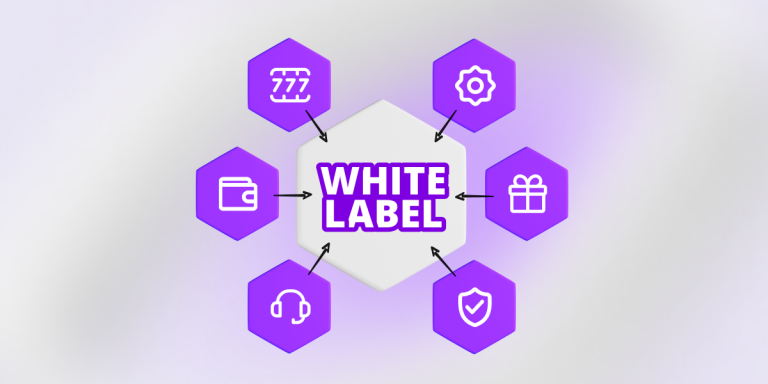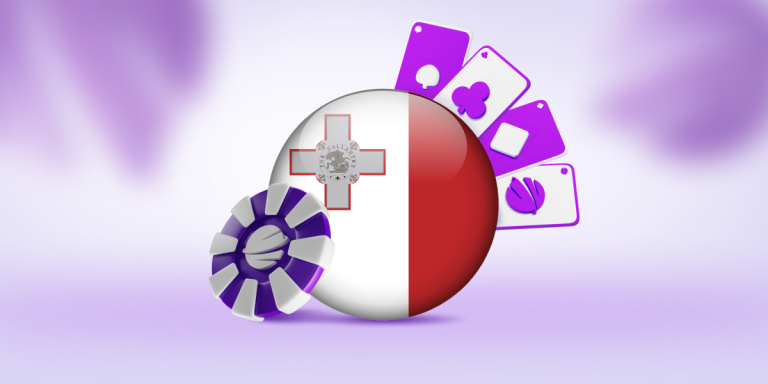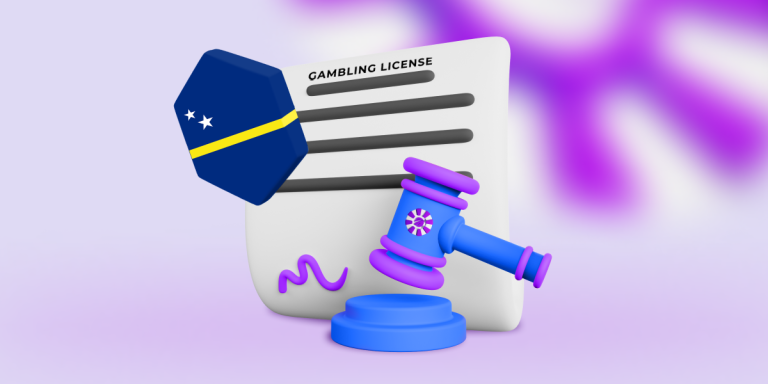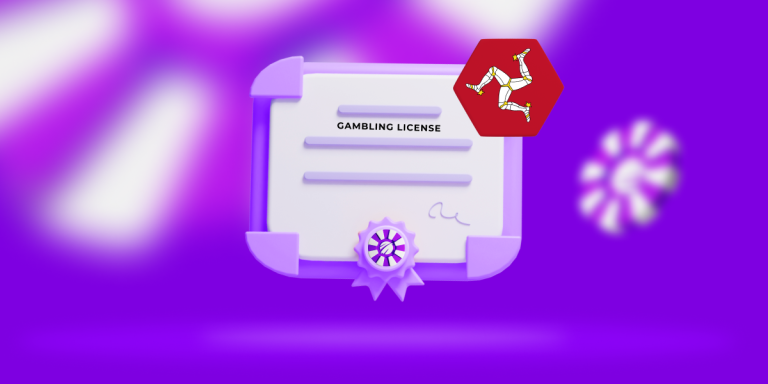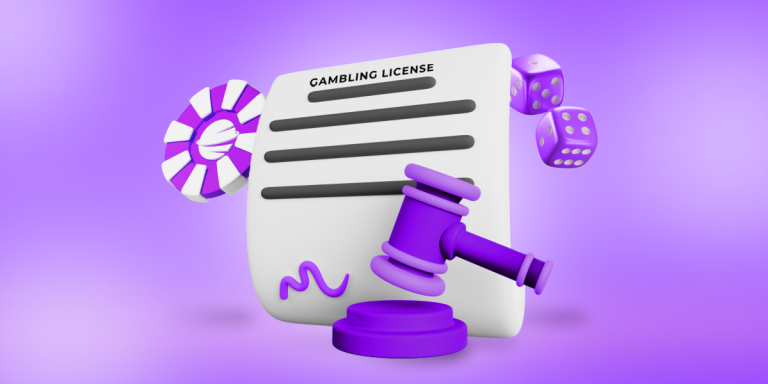Malta Gambling License Guide: All You Need in 2026
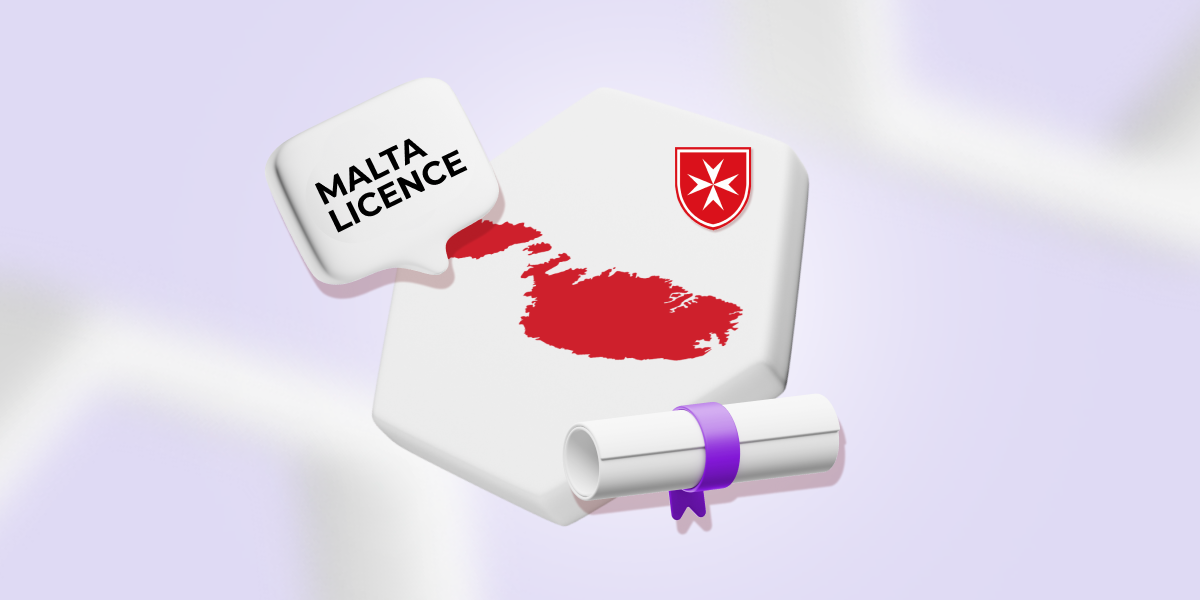
The Malta gaming license is the ultimate gem of the industry. Renowned throughout the world, an online gambling venue operating under the supervision of the Malta Gaming Authority will find many doors opened to it. It will also find it easier to set up bank accounts, partner with third parties, and serve international clients.
Fast Facts about Malta gaming license for Operators
- Malta was the first EU country to regulate online gambling.
- MGA offers B2C and B2B licence types.
- Four licence classes: Type 1–4 (casino, betting, P2P, skill games).
- Application fee: €5,000; yearly fee: €10k–€25k.
- Licensing takes around 16 weeks.
Nothing worthwhile is ever easy — it’s natural. The Malta online gambling license reflects that wisdom with absolute clarity. The process of obtaining it is tough, expensive, and time-consuming. Operators must handle endless paperwork, wait through delays, and meet with regulators. But for those wanting a solid spot in the EU gaming market, it’s worth the effort. After all, great rewards come to those who work for them. We will let you in on the details below, so keep reading.
Malta Gambling License: What It Is
Businesses that aim to provide gaming services in Malta need a license for this. It’s the requirement of the 2018 Gaming Act, which covers everything from classic casinos to online games of chance. The Malta Gaming Authority, shortened to MGA, is the one regulator in charge of all gaming in Malta. It issues all licenses for both land-based and digital gaming.
The MGA oversees companies, handles approvals, certifications, and even revokes licenses when necessary. The MGA also works to prevent and uncover illegal activities in the gambling industry. Gaming licenses in Malta are unlimited, but running the National Lottery needs ministerial approval, and its license is time-limited
Malta Online Gaming License Then and Now
The Malta Gaming Authority stands as a global leader in gambling regulation, but its history began well before the EU era. Malta paved the way for modern online gambling by rolling out remote gaming laws just ahead of its 2004 EU membership.
Back then, Malta was the first EU state to introduce legislation for digital gambling, as well as showcased its forward-thinking policies in action. The MGA gained respect fast, setting the standard for other regulators to follow. Its focus on creating a stable regulatory environment made Malta a central point for gaming businesses worldwide.
The following elements laid the foundation for the jurisdiction’s distinctive licensing system:
- Early Leadership. Malta was among the first regulators who built the foundation for modern iGaming.
- International Role Model. The MGA is respected worldwide as a guide for modern gaming regulations.
- Player-Focused Vision. The focus is on keeping players safe while giving operators room to grow.
This early leadership both boosted Malta’s reputation and built the foundation for its success as a global gaming epicenter today. Like the Curacao license, the MGA’s innovative approach keeps driving the industry forward. The MGA and Curacao licenses drive the iGaming sector to reach higher and higher. As of today, Malta holds the crown as iGaming’s true home. Furthermore, Malta is home to SiGMA, one of the iGaming industry’s most important events. It attracts thousands each year with expert talks, a growing expo, and great networking opportunities.
Malta: The Favorable Landscape for a Gambling License in 2026
Malta relies heavily on iGaming, which ranks as the third-largest private sector. Regulatory reforms in 2018 eliminated gaming taxes and simplified licensing, attracting more businesses. Even with tax cuts, the sector brought in €80 million in 2019 through fees and levies. This pro-gaming environment benefits both operators and the government, creating a win-win dynamic.
Even though many big players have settled on this small Mediterranean island, there’s still space for newcomers. The MGA supports businesses of all sizes, offering start-ups a break by waiving the monthly Compliance Contribution for their first year if they’re less than five years old and earn under €10 million annually.
The MGA’s global reputation is respected worldwide for player trust, which is a big deal for many operators. An added bonus is that the MGA is on the UK Gambling Commission’s “Whitelist,” meaning its license holders can advertise in the UK. The MGA also works with other regulators through agreements that often involve sharing information.
The Benefits of Becoming MGA-Certified
The Malta online license provides plenty of benefits. It’s not the simplest or most affordable to obtain, but for many operators, it’s worth it. Let’s figure out why it’s seen as the most wanted license in iGaming.
- Elite Status. Holding a Malta license means your business is among the best. It reflects transparency, fairness, and full adherence to EU regulations, as well as proves you’ve passed strict checks.
- Gaming Expertise. Malta boasts a skilled workforce with deep experience in iGaming. The island offers a large pool of English-speaking professionals, along with specialists fluent in major European languages. It’s also home to numerous support services, such as gaming software, marketing, and data providers.
- Player Confidence. Displaying a Malta license builds player trust, which is vital for attracting and retaining customers. Backed by strict player protections and anti-money laundering standards, the license reassures players that your online gambling venue adheres to EU standards and offers responsible gaming.
- Tax Perks. With a corporate tax rate as low as 5% and a 5% gaming tax on local revenue, Malta offers excellent financial advantages for operators.
- Rock-Solid Stability. Malta’s stability across politics, society, and the economy makes it the most preferable business destination. Its EU and Commonwealth ties provide tech companies with flexible rules and room for long-term success.
- Double Taxation Relief. With over 70 double taxation treaties, Malta makes sure gambling operators won’t face double taxes on their profits. This benefit simplifies financial operations and stimulates international business growth.
Last but not least, the Malta license lets operators enter various markets, broadening their reach. That said, they must follow restrictions, avoiding blacklisted countries and meeting local licensing requirements.
Malta iGaming License: 2 Main Categories and 4 Types of Gaming Activities It Covers
B2B and B2C licenses are two main categories offered by the MGA. B2B license, also known as Critical Gaming Supply, supports companies that provide gaming products to other businesses. B2C license, also referred to as Gaming Service, links operators directly with players.
The MGA licenses also vary based on the gambling activities they cover:
- Type 1 License: Casino-Style Games, Lotteries. Operators offering RNG-powered casino games and lotteries need this license. Slots, roulette, blackjack, baccarat, and other table games played against the house fall under this specific license type.
- Type 2 License: Fixed-Odds Betting. Operators offering sports betting need this license. The results come from events outside the game, and operators manage risk by adjusting the odds.
- Type 3 License: Peer-to-Peer. This license applies to peer-to-peer gaming, such as online poker, player swaps, and specific lottery types.
- Type 4 License: Controlled Skill Games. This license covers games focused on skill over luck, for example, fantasy sports and some multiplayer online games.
Remember, these examples are a rough guide. Always check the official MGA documentation for the most accurate and up-to-date details.
Basic Requirements for a Malta Online Gaming License
The Malta gaming license process is more detailed, which proves its elite status. Below are the main requirements, but the MGA may ask for more details as needed.
- Clean Record Required. Applicants and company owners must provide a police good conduct certificate, issued within the past three months, to prove a clean record.
- Fit and Proper Test. Applicants must prove they’re fit to hold a license, and that requires passing the jurisdiction’s “Fit and Proper Test.”
- Major Roles Covered. The company must have individuals filling major roles. If unavailable, turn to professional help for providing experts to fulfill these duties during the Malta gaming license application process.
- Bank References. All owners and applicants need to submit original bank references dated within the last three months.
- Valid ID Documents. Notarized copies of passports for all owners and applicants must be provided to verify identities.
- Business Plan. A well-detailed business plan explaining the company’s structure and operations is a must.
- Regulatory and Software Checks. Applicants must pass a regulatory audit and submit a report on their online casino software and agreements with third parties.
- Server Location in Malta. All servers and gaming business affairs must run from Malta.
Important. Make sure all documents are in English and less than 90 days old. For non-English documents, provide a certified translation.
How to Get a Malta iGaming License: Main Steps and Tips
The process takes up to 16 weeks, provided all documents are in order and meetings stay on schedule. The first step is a pre-application meeting with a Malta Gaming Authority officer. Upon passing this stage and submitting all required documents, the MGA will assess your readiness to operate a gambling business according to their standards. We’ve detailed the stages and steps to follow below:
- Pre-Application Process. Start with a pre-application meeting with the MGA. This is to make sure you have all the necessary documents and are ready to proceed. The MGA will check if you’re prepared to meet their high standards.
- Fit and Proper Test. Prove you’re fit to run a gaming business. The MGA evaluates your background, qualifications, and experience.
- Business and Financial Review. Submit a solid business plan that details everything: financials, marketing, HR, and game offerings. The MGA will analyze the plan to make sure your company is financially sustainable.
- System Review and Regulatory Audit. Prior to launching, you must complete a system review in a controlled environment. External auditors will verify that the live setup matches the initial plan. Any mismatch means starting from square one.
Upon completing all steps and paying the fees, you finally get your license. Go the extra mile to meet the regulatory requirements and renew on time — this keeps the license valid. With all that said, securing a Malta license takes time, paperwork, and guidance from professionals.
Malta Gaming License Cost
When applying for the MGA license for the purpose of starting a trusted online casino, you must understand the question of cost. Every license requires a €5,000 application fee, but annual fees and gaming taxes depend on the type of license you choose. We’ve provided the annual Malta online gambling license cost depending on your chosen license type.
- Type 1 License. €25,000.
- Type 2 License. €25,000.
- Type 3 License. €25,000.
- Type 4 License. €10,000.
Taxes are what operators will also have to regularly deal with as they sort out their licensing matters. Get in touch with our client support managers for further details on taxes and professional legal services for iGaming business
Online Gambling in Malta: What the Future Holds for 2026
The Maltese iGaming sector will reach a jaw-dropping $140.40 million in 2025. The road ahead looks bright, according to NuxGame experts. Mobile-focused games and personalized experiences will draw in waves of players, while crypto and blockchain tech will secure faster, safer transactions. With such a sturdy base, Malta’s iGaming sector is ready to lead the future. Quick Tip: keep up with emerging tech trends and invest in crypto solutions to stay competitive.
Conclusion: Get Gambling License in Malta With NuxGame!
The effort to obtain a Malta iGaming license is guaranteed to pay off. Its prestige and multiple advantages attract operators who are longing to succeed in 2026 and beyond. NuxGame simplified the entire process significantly with its turnkey online casino solutions and expert guidance. Contact us now and we will help you set up a solid gambling platform and get a gambling license in Malta in the most effortless way possible!
